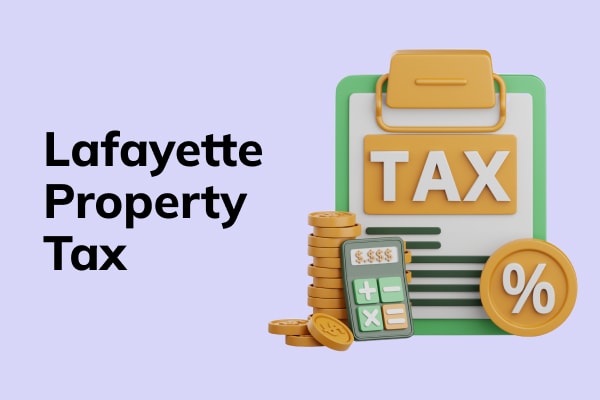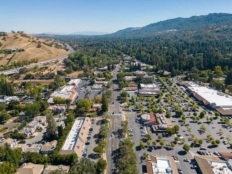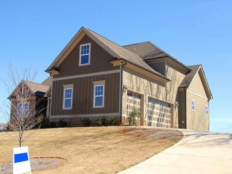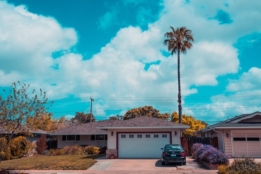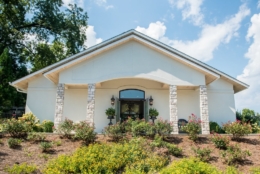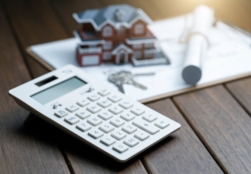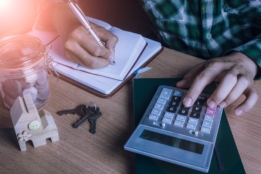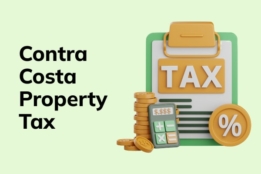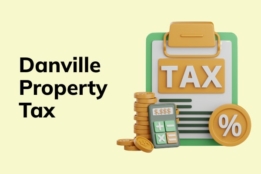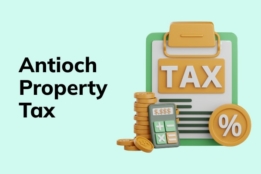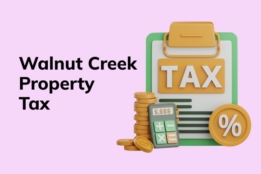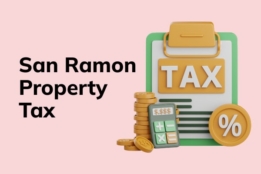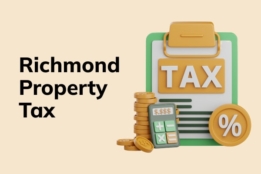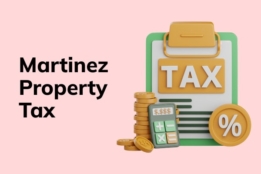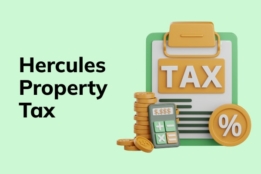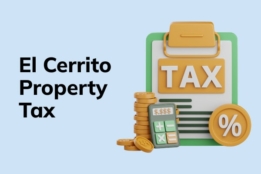Table of content
How Much Are Property Taxes In Lafayette?
Average property tax rates are based on the value of the property in question. Average property values in Lafayette are considerably higher than the average for California. The same goes for average property prices throughout the United States. The median home value in the city exceeds $1.3 million, and the average citizen will currently pay a rate of 1.11% for their property tax. This average takes into account the exclusions and discounts that citizens claim for various reasons, and it amounts to a median annual property tax payment of over $8,900.
Property taxes are determined by local government. The maximum rate of property tax in Contra Costa County is 1%, but local governments in different locales set their own rates. Moreover, there are often special assessments in place that push the rate higher. The prime variables in calculating property tax are the budget required to fund local projects and the value of homes in the area. The final figure is a fair amount to ensure everyone contributes to things like:
- Funding local schools
- Policing
- Other important things
Lafayette property tax rates reflect the average rates in Contra Costa County. However, citizens generally pay a larger amount in property tax due to the high value of their homes.
Property tax rates have been consistent in Lafayette even as real estate values have risen. However, according to data from Redfin, there has been a recent decline in property values in the city. This could have an impact on property tax if the downward trend continues.
How To Calculate Property Taxes In Lafayette?
Property taxes in California are based on the assessed market value of the property. This assessed value is equal to the purchase price when you buy your home, but it can only go up by a maximum of 2% each year. Thus, if real estate in your area increases in value by 10%, the fair market value of your property can still only be raised by 2% per year. The only exception is if there is construction on the property or it changes hands.
You can estimate your maximum property tax in Lafayette by dividing the purchase price by 100 – this will give you the ad valorem rate based on California’s maximum property tax of 1%. However, the average property tax rate in Lafayette currently stands at 1.11%, so you should then multiply the previous result by 1.11 to get a more accurate idea of what you would currently pay.
As previously mentioned, tax rates are based on the average property value and the amount of money needed to fund everything that depends on this tax money. Real estate values are mainly determined by two things:
- The value of comparable properties in the neighborhood
- Unique features of the property like extensions, pools, etc.
It is possible to challenge the assessed market value or have a new assessment done if you feel your property has depreciated in value for any reason.
So let’s say you live in a single family home with a pool that you purchased over a year ago for $1 million. If average real estate values increase in the area, the fair market value assessment will reflect this. However, if recent sales of comparable properties in the neighborhood show that the increase in the last year has been 10%, the fair market value of your home can only increase by 2%.
- The resulting assessed value would stand at $1,020,000.
- You would then divide this by 100, which equals $10,200.
- This figure should then by multiplied by the current tax rate (currently 1.11%), resulting in $11,322.
In this example, you can see how the property tax for a particular home might be calculated. If you know the market value of your home, and your current property tax rate, you can give yourself a pretty good idea of how much property tax you will owe.
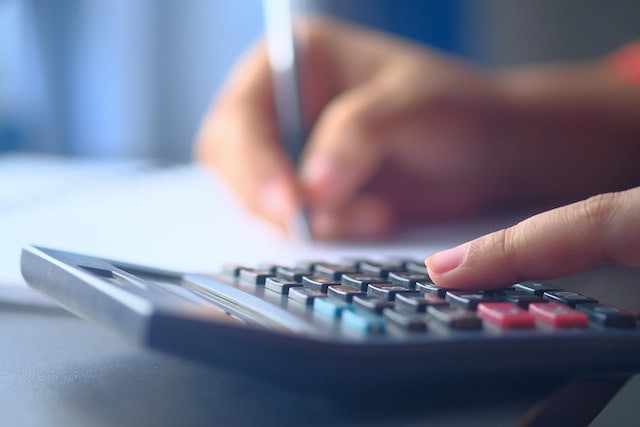
How To Pay Your Lafayette Property Taxes?
Property taxes in Lafayette are paid to the Tax Collector’s office. You can do this by:
- Attending the office in person
- Making the payment over the phone
- Paying online
- Paying by mail
- Carrying out an electronic funds transfer
Choose the payment method that works best for you. This will be different for different people, which is why a range of methods is provided. Information about different payment methods will be included with your bill. It will also contain the account number you need to make the payment, no matter which method you choose.
The Contra Costa County Tax Collector’s main office is the Finance Building in Martinez, CA. Walk-in hours are 8:00 to 17:00 Monday through Friday. If you wish to pay in person, this is where you need to go. They accept payment by:
- Cash
- Check
- Money order
- Cashier’s check
- Certified check
You can also pay by credit or debit card, but a service fee will apply.
Paying online is often the preferred method. If you head over to the Contra Costa County website, you can make the payment. Payments are accepted via e-check, credit card or debit card. Please note that credit and debit card payments come with a service fee of 2.5%, with a minimum charge of $3.50.
If you want to pay by phone, you will need to follow the prompts and press the keys to take you to the appropriate option. Messages can be in English or Spanish and you will need to enter your tax bill number to be charged the correct amount. Payments can be made via credit card or debit card and the same fees described earlier will apply.
Whatever method you choose for your payment, make sure you read all the relevant information included with your bill. And pay close attention to due dates to ensure you don’t miss any deadlines.
Lafayette Property Tax Due Dates
In Lafayette, the Secured Property Tax Bills are mailed out in September – October. They can also be found online from this time. If you don’t receive your bill, you should chase it up. Non-receipt of your bill is not considered an acceptable excuse for not paying. It is your responsibility to pay, so don’t ignore it.
- November 1st – This is when the first installment of your property tax is due. The final deadline for this first installment is December 10th. If you miss this date, a penalty of 1.5% per month is added to the outstanding amount. So it is in your interest to pay on time or as soon as possible.
- February 1st – This is when the second installment of your property tax is due. You will have until April 10th to make this payment. If you miss the deadline, you will incur a 10% penalty plus a $20 collection fee.
Your property tax due dates will be clearly printed on your property tax bill that you receive in the mail. You will also be able to find this information online via the link above from September. It is very important that you keep informed of due dates, deadlines and penalties for missed payments.
What Happens If Your Payment Is Late
Late penalties and fees are a deterrent for residents of Lafayette to prevent people missing deadlines for payment. The penalties are a punishment for failure to pay what you owe on time, and the fees are additional charges to cover the cost of administration relating to the missed payment.
As previously stated, the penalties and fees are as follows:
- Interest of 1.5% per month on the amount owed after failing to pay the first installment
- A penalty of 10% of the overall amount for failing to pay the second installment. This is accompanied by a $20 collection fee and an additional interest rate of 1.5% per month.
The tax authorities will pursue these payments and your debt could mount up. If you continue with non-payment, you could be taken to court at your own expense. And if the court rules in favor of the tax authority, some of your possessions could be seized to pay what you owe. It is wise to avoid being taken down this route.
If you have an issue with a late payment, you should contact the tax office as early as possible. Doing this before the deadline is best, as you may be able to arrange an extension of the deadline in some circumstances. Maintaining a discourse is very helpful as it may avoid the need for legal action being taken against you.

How To Lower Your Tax Liability?
There are ways you can lower your tax liability. Generally speaking, these revolve around homeowners property tax exemption (more on this later), applying for special exemptions or appealing against your appraised property value for tax purposes.
Some exemptions are available for the following groups:
- People with disabilities
- Veterans
- People over 55
There is also the Proposition 19 exemption. You must meet very specific criteria to qualify for these exemptions. If you qualify, you may be able to have some or all of your property tax liability removed. Contact your local tax office to learn more about the criteria. If you feel you may qualify, request an application form for the relevant exemption and fill it out as quickly as possible. The outcome of your application will be at the tax office’s discretion.
If you wish to challenge your appraised fair market value, there are usually two routes to do this. They are:
- Sales comparisons: estimating market value based on current sale prices when real estate values have had a downturn.
- Unequal appraisals: revealing that similar properties have been shown to have excessively high appraised values.
It may be helpful to work with a tax advisor to appeal against your appraisal. These people will usually work on a no-win, no-fee basis. You can file an assessment appeal application between July 2nd and November 30th. Only go down this route if you are certain that you have a case, or it could end up costing you more money.
Another thing you might qualify for is the homeowners property exemption – more on this in the next section.
What Is Homeowners Property Tax Exemption?
If you own a property that you live in as your primary residence, you may qualify for the Lafayette homeowners property tax exemption. This provides a reduction in the taxable value of your property up to a maximum of $7,000 or $70 off your bill. If you are awarded this exemption, it could save you a small amount on your annual property tax bill.
If you are an owner-occupier of your property, chances are you will qualify for this exemption. Upon purchasing your home, you will usually receive an application form for it. If not, you can contact the Tax Collector’s office and request an application form. It is wise to do this in order to keep your tax liability to a minimum.
Frequently Asked Questions
How Much Are Property Taxes In Lafayette?
Lafayette is in Contra Costa County, where the maximum property tax is set at 1%. Property tax rates in Lafayette vary but the average at the time of writing is 1.11%.
How To Pay Your Lafayette Property Taxes?
Your property taxes must be paid to the Contra Costa Tax Collector’s office. You can do this in person, over the phone, online or by mail. Details will be included with your tax bill, and you can make payments in cash, by check, by electronic transfer or with your credit/debit card.
What happens if your payment is late?
If your payment is late, you will be charged penalties and fees. Those penalties will increase over time, so it is recommended to pay what you owe as early as possible to avoid more serious consequences.
